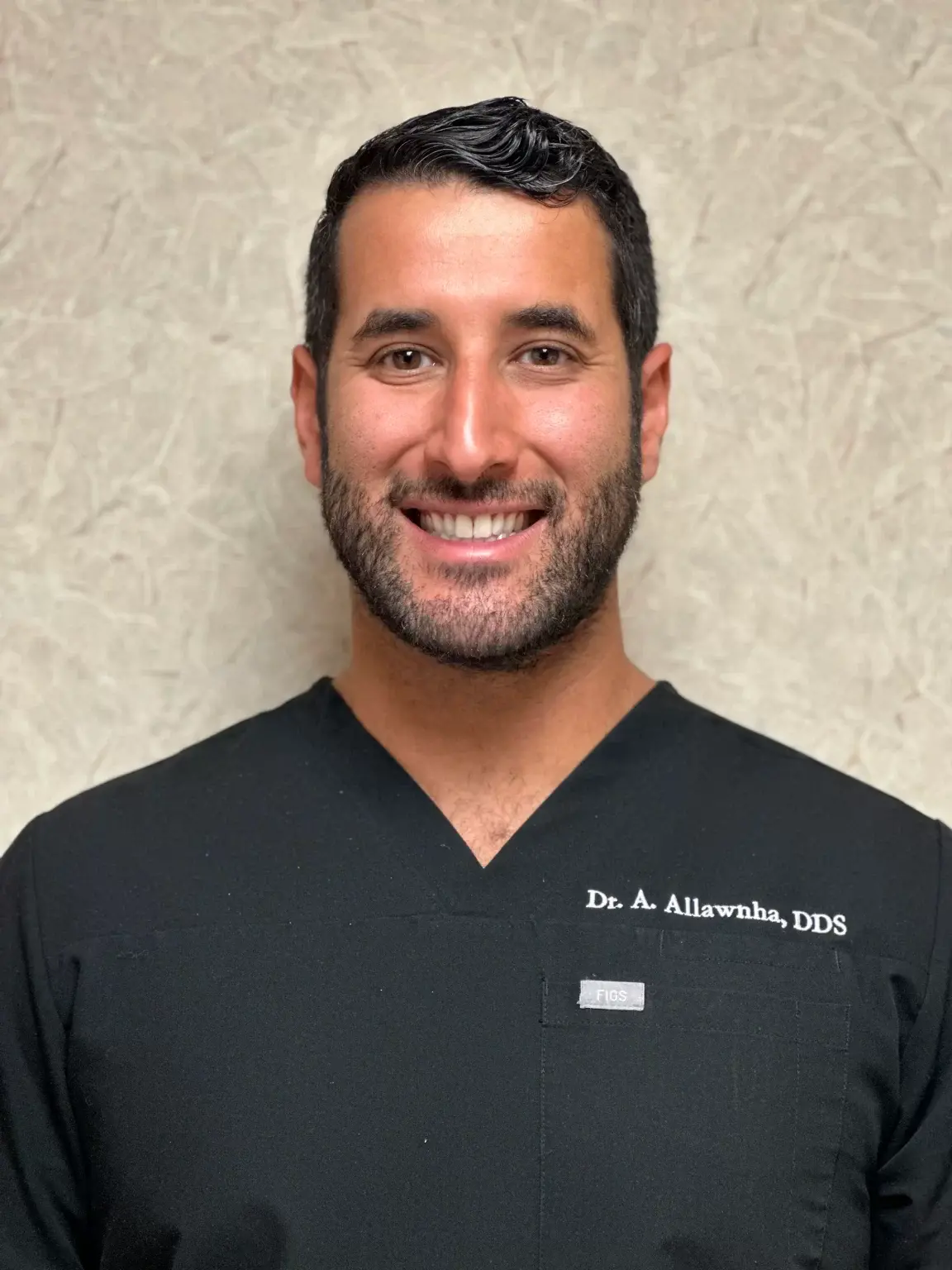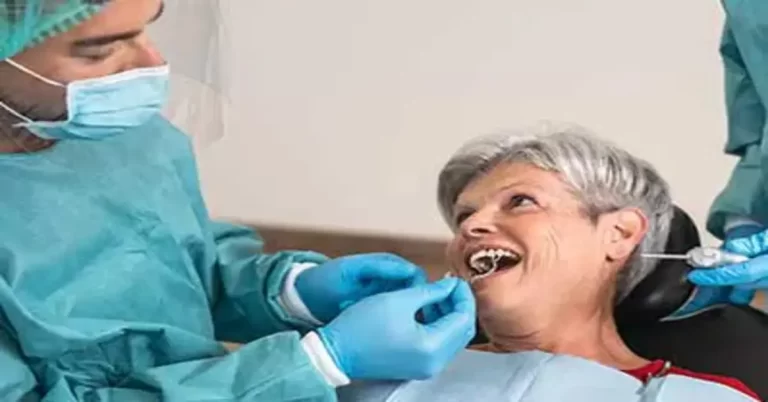Going to the dentist is a crucial part of maintaining good oral health, but for many people, it can be a source of fear and anxiety. Dental anxiety is a common condition that affects millions of people worldwide. It causes a range of symptoms that makes it difficult for patients to visit their dentist and maintain good oral health.
The good news is that there are effective ways to manage the symptoms of this condition and ensure that patients are getting the dental care they need. Let’s explore them here.
What is dental anxiety and why does it matter?
Fear of the dentist is a real thing, and it’s more common than you might think. For some people, the mere thought of sitting in the dentist’s chair can cause their hearts to race and palms to sweat. This condition is called dental fear or anxiety, and it can have a significant impact on a person’s life. Here’s how:
- It can lead to poor oral health. Your oral health is crucial to your overall well-being, but if you’re too scared to go to the dentist, you’re putting yourself at risk of developing serious dental problems. Neglecting your dental health can lead to cavities, gum disease, and even tooth loss.
- It can trigger physical symptoms. Anxiety can manifest as physical symptoms like sweating, trembling, and an increased heart rate. These symptoms can make going to the dentist even more uncomfortable and can be difficult to manage without proper techniques.
- It can affect your overall well-being. It can be so severe that it can impair a person’s quality of life. The constant stress and fear associated with going to the dentist can lead to anxiety and depression, making it harder to enjoy daily activities and maintain relationships.
Are dental phobia and anxiety the same?
While they may sound similar, they are actually two distinct conditions that can have varying levels of severity.
Dental anxiety is a feeling of unease or apprehension before or during a dental visit, which is a common experience shared by many people. Individuals with this condition are still able to go through with the dental procedure, even if they find it uncomfortable or unpleasant.
Dental phobia or dentophobia, on the other hand, is an intense and irrational fear of going to the dentist, which can result in the avoidance of dental care altogether. People with this condition may experience panic attacks, extreme anxiety, or even physical illness at the thought of visiting a dental office. This can lead to serious consequences, such as untreated dental problems or poor oral health.
What are the symptoms of dental anxiety?
Recognizing the symptoms is the first step in dental anxiety management. By taking proactive steps to address anxiety, you can get the dental care you need without experiencing undue stress or discomfort.
It’s crucial to note that anxiety is not just a minor nervousness that anyone can shrug off. For some people, the fear and dread they experience can be so severe that it interferes with their daily lives.
Here are some of the common symptoms that patients with anxiety experience before or during their dental appointment:
Physical Symptoms
- Sweating – Patients may notice that their palms become sweaty, and they may experience perspiration before and during the dental appointment.
- Trembling – Some people may experience shaking or tremors in their hands, legs, or entire body.
- Rapid Heartbeat – Their heart may start racing or pounding in their chest.
- Shallow Breathing – Patients may find it hard to catch their breath or feel like they’re not getting enough air.
- Nausea or Vomiting – Digestive issues such as nausea or vomiting can occur due to anxiety.
- Headaches – Tension headaches or migraines can be caused by anxiety.
- Muscle Tension or Pain – Patients may notice that their muscles feel tense or sore, particularly in their jaw or neck.
Emotional Symptoms
- Fear or Dread of Going to the Dentist – Patient may panic or dread the thought of going to the dentist.
- Feeling Embarrassed About the Condition of Their Teeth – If it’s been a while since their last visit, patients may feel embarrassed about the state of their teeth or gums.
- Feeling Ashamed of Their Fear or Anxiety – Some patients might also feel that their anxiety is a weakness or something to be ashamed of, which can make the problem even worse.
Why do people fear going to the dentist?
Going to the dentist can be an unnerving experience for many people, and understanding the reasons behind this is crucial to managing and overcoming the fear of visiting the dentist. Here are some common causes that may contribute to developing anxiety:
1. Negative Experiences at the Dentist
If you’ve had a traumatic dental experience, such as a painful filling or a root canal, you may develop a fear of going to the dentist. And this can be difficult to shake. It’s important to talk to your dentist about any negative experiences you’ve had and work together to find ways to make your next visit more comfortable.
2. Fear of Pain
Even if you’ve never had a painful dental experience before, the fear of pain can be enough to make you anxious. Fortunately, many dentists are now aiming to perform minimally invasive procedures through the use of local anesthesia and some holistic approach.
3. Lack of Control
The feeling of being in a vulnerable position, especially while sitting on the dentist’s chair can trigger anxiety. Some may feel like they are not in control of the situation, and this can be quite unsettling. Talking to your dentist about what to expect during your appointment and asking for breaks can help you feel more in control.
4. Embarrassment
Feeling embarrassed about the condition of one’s teeth or oral hygiene habits can make a person hesitant to go to the dentist. However, it is crucial to remember that dentists have seen various oral health conditions before and are there to assist patients in enhancing their oral health.
5. Generalized Anxiety Disorder
Dental fear or anxiety may be a symptom of a broader anxiety disorder, such as generalized anxiety disorder or panic disorder. It’s critical for individuals in such situations to work with a mental health professional to handle their anxiety and create effective coping strategies for dental appointments.
How To Deal with Dental Anxiety
Dealing with dental fear or anxiety can be challenging, but there are effective strategies to make the process less daunting. Here are some helpful tips for both adults and children:
Tips To Help Adults Manage Dental Anxiety
- Find a dentist who specializes in managing dental fear or anxiety and is committed to making your visit as comfortable as possible.
- Practice relaxation techniques, such as deep breathing, meditation, or visualization exercises to calm your mind and body before and during your appointment.
- Consider bringing a supportive friend or family member to provide comfort and reassurance during your visit.
- Discuss your anxiety and fears with your dentist to tailor your care to your needs and alleviate any concerns.
- Consider dental sedation to help you relax and even sleep through a dental procedure.
Tips To Help Children Overcome Dental Anxiety
- Start dental visits at a young age to help children become more comfortable with the dental experience.
- Use positive reinforcement by praising good behavior during dental visits and offering small rewards for their cooperation.
- Role-play dental visits at home to make the experience familiar and less intimidating.
- Explain the procedure in a positive and age-appropriate manner to help your child understand what to expect.
- Offer distractions such as music, videos, or toys to keep your child calm and focused during their dental visit.
- Choose a pediatric dentist who specializes in treating children and is experienced in managing dental fear or anxiety in young patients.
Dental Anxiety Treatment Options
There’s no one-size-fits-all solution for this condition, so don’t be afraid to talk to your dentist about your concerns and explore different options to find the best solution for your individual needs. Here are some of the treatment options to consider:
- Sedation Dentistry – This involves the use of medication to help you relax during your dental visit.
- Cognitive Behavioral Therapy – A form of talk therapy that can help you change the way you think about dental visits.
- Relaxation Techniques – Deep breathing, meditation, or visualization, can help you feel calmer and at ease.
- Communication – Simply communicating your fears and concerns with your dentist can make a big difference in reducing your anxiety.
The Bottom Line
Dental fear or anxiety isn’t just a minor inconvenience. It is a real condition that can lead to poor oral health, physical symptoms, and overall impairment of a person’s quality of life. Understanding the symptoms and causes of this condition is crucial to managing and overcoming it.
If you feel anxious about visiting the dentist, talk to your provider about your concerns and work together to find ways to make your next visit more comfortable. Effective ways to manage anxiety are always available, so don’t let fear prevent you from getting the dental care you need.
Experience safe, comfortable, and compassionate dental care at Century Dental.
The fear and anxiety of going to the dentist can be a major barrier to receiving the care and services you need. That is why at Century Dental, we take extra care to make sure our patients feel at ease throughout their visit. Our dentist in South Pasadena, FL, takes the time to listen to your concerns, answer any questions you may have, and work with you to create a customized treatment plan that fits your unique needs. Contact us today!








